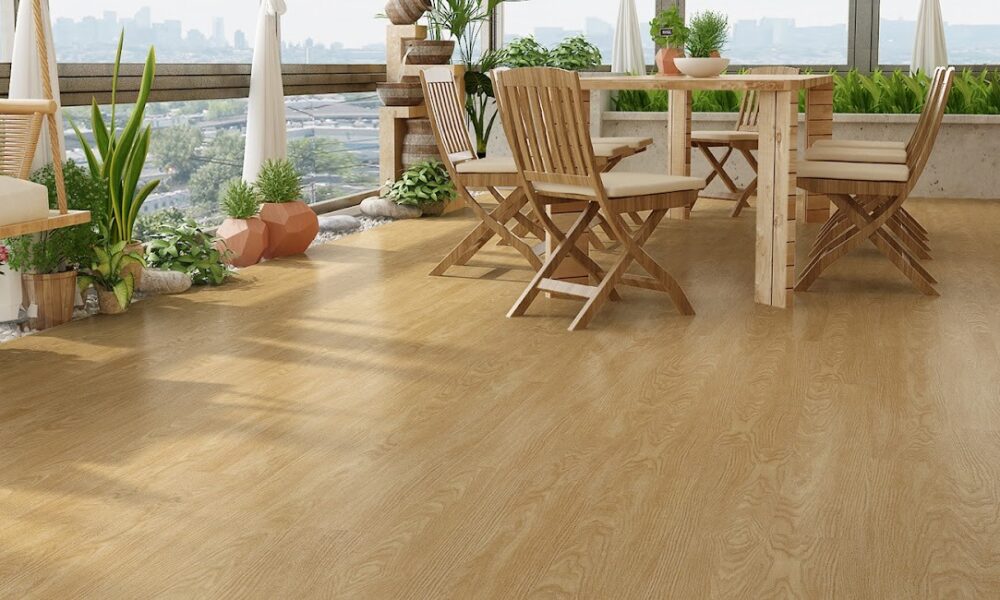If you’re having problems with your hardwood flooring, here are a few troubleshooting tips that may help:
- Check the entire floor for nails or screws before starting any repairs. This will help you avoid making further damage and will save you time and hassle.
- Take pictures of the area where the problem is occurring and use them to guide your repairs. This will ensure that everything is fixed properly and accurately.
- Try to isolate the issue by trying different techniques (such as mopping) on different parts of the floor. If one technique doesn’t work, there’s likely a nail or screws lurking somewhere else in the room that you didn’t catch on camera.
- Contact a professional if the above measures don’t resolve the issue. A qualified contractor will be able to rectify any damage faster and more efficiently than you could on your own.
Consideration about choosing Hardwood flooring
When it comes to choosing the right hardwood flooring for your home, there are a few things you need to take into account. One of the most important factors is the type of wood that’s used.
Hardwood flooring is made from hardwoods like oak, maple, mahogany, and other similar varieties. These woods are heavy and dense, making them a great choice for floors that will be used frequently. They also have a natural resistance to warping and cracking, which is why they’re often chosen for high-traffic areas like bedrooms and kitchens.
Another plus point for hardwood flooring is that it can last for many years without needing to be replaced. This is because hardwood flooring is treated with a special oil finish that prevents it from deteriorating. However, keep in mind that wood floors can sometimes emit a strong odor when first installed. This should go away after a couple of months or so as the finish takes effect.
Best Practices for Maintenance of Hardwood flooring
If you’re looking for a flooring option that’s both beautiful and durable, hardwood is a great choice. Though it may be more expensive than some other flooring options, it will last longer and require less maintenance.
Here are some tips for keeping your hardwood flooring in good condition:
- Clean the floors regularly with a vacuum cleaner and dust mop.
- Wax the floors every six months to prevent them from becoming grooved or scratched.
- Don’t walk on the floors barefoot – wearing socks will help protect your feet from scratches and bruises.
- Keep the floors moist by using a monthly water mist or dehumidifier. Avoid using harsh chemicals or abrasive cleaners on the floor, as this can damage it over time.
- Make sure to vacuum and dust the floor regularly to remove dirt, dust, and allergens.
- Apply a sealant every six months or when the wood starts to look dry or damaged.
- Use a wood protector if you have pets or children who are prone to making marks on the floor.
- Check the floors for warps, cracks, and other signs of damage every month or so. If you notice any problems, get them fixed as soon as possible.

